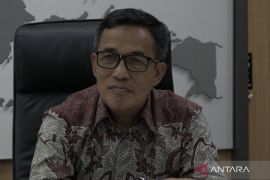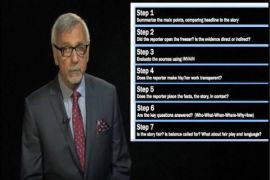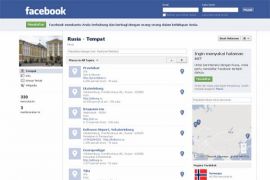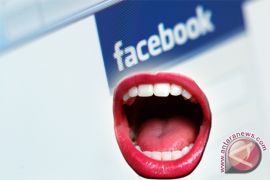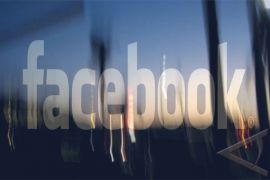The company said in a statement on its website it will start using updated machine learning to detect possible hoaxes and send them to fact checkers, potentially showing fact-checking results under the original article.
Facebook has been criticised as being one of the main distribution points for so-called fake news, which many think influenced the 2016 U.S. presidential election.
The issue has also become a big political topic in Europe, with French voters deluged with false stories ahead of the presidential election in May and Germany backing a plan to fine social media networks if they fail to remove hateful postings promptly, ahead of elections there in September.
On Thursday Facebook said in a separate statement in German that a test of the new fact-checking feature was being launched in the United States, France, the Netherlands and Germany.
"In addition to seeing which stories are disputed by third-party fact checkers, people want more context to make informed decisions about what they read and share," said Sara Su, Facebook news feed product manager, in a blog.
She added that Facebook would keep testing its "related article" feature and work on other changes to its news feed to cut down on false news.(*)
Editor: Heru Purwanto
Copyright © ANTARA 2017
